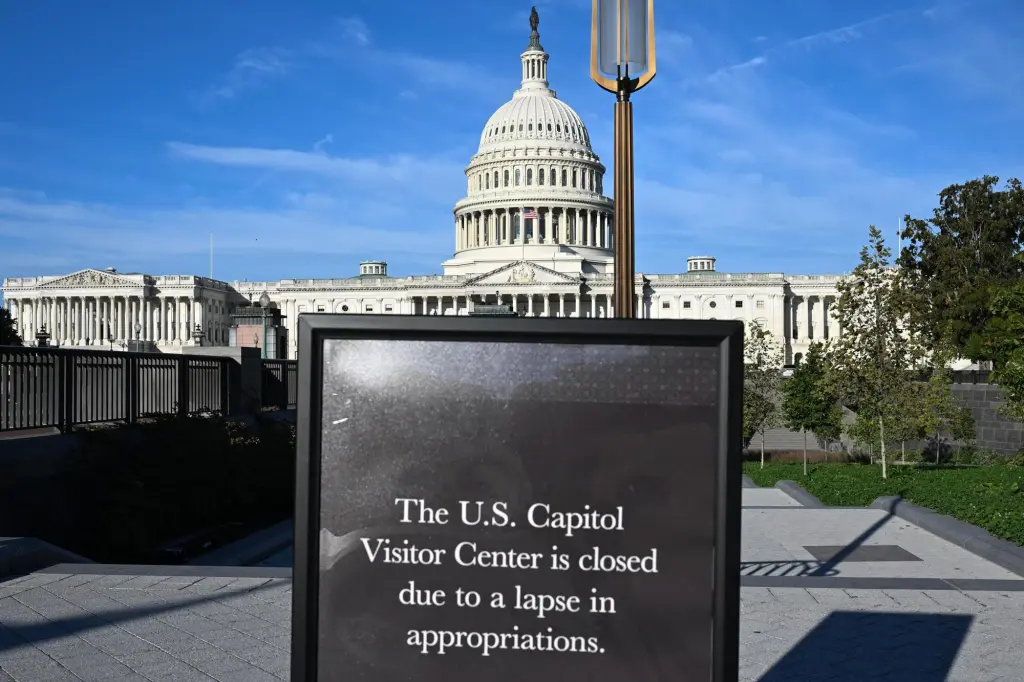Copyright Hartford Courant

Connecticut housing authorities have federal funding through the end of the year, but as the federal shutdown continues, it’s not clear what will come next for thousands of residents who rely on the government to keep them in their homes. The U.S. Department of Housing and Urban Development told the National Association of Housing and Redevelopment Officials that funding would be available through the end of December, the association said late last month. Still, Connecticut officials are monitoring the situation in Washington and worry about what will happen, especially for thousands of people with housing choice vouchers. The majority of the more than 150,000 families in Connecticut who rely on housing authorities to cover all or a portion of their rent are in the Housing Choice Voucher program, also known as Section 8. Through that program, families rent from a private landlord and the housing authority pays part of their rent. Those families would be the most in danger of losing their housing if HUD funding shuts off, local officials said. “That’s the exposure right now,” said Neil Griffin, executive director of the Glastonbury Housing Authority and vice president of housing and legislation at the Connecticut chapter of the National Association of Housing and Redevelopment Officials. He said most housing authorities should have funds to cover people for a couple of months after federal funds dry up. In 2019, during the 35-day government shutdown that was at the time the longest shutdown in U.S. history, tenants in government-assisted housing across the country faced eviction and pressure from landlords to make up the portion of the rent the government usually covers. The current shutdown surpassed the 2019 shutdown as the longest in history on Wednesday. On Friday, the national association told members that HUD would pay operating funds through December. “Previously, HUD had publicly stated that if a shutdown were to occur, it would obligate the first two weeks of November funding for the HCV program, but remained silent on the rest of November,” a statement from the national association said. Chris D’Orso, executive director of the Waterbury Housing Authority, said his agency has enough in other accounts to cover about two months of rent for residents, but he’s not sure what they’ll do after that. Covering rent without the expected federal subsidies will take a toll on the agency’s finances, he said. Waterbury has about 2,500 families with housing vouchers. “I think with the first one, both sides weren’t as dug in as they are now,” he said of the last shutdown. “There were ongoing talks, and there was kind of some light at the end of the tunnel. I’m just not seeing that right now.” He added that it’s not just tenants who suffer if the government doesn’t pay bills next year. Landlords will also miss out on money. Vincent Tufo, executive director of Charter Oak Communities in Stamford, said his agency has a unique funding structure that will offer some stability, particularly for public housing residents. The biggest impact, he said, would be on the housing choice voucher program. Charter Oak Communities has several of its own properties designated for people with low incomes, but those properties draw most of their operating budget from the rents. It’s discounted rent, but there isn’t a portion paid by the housing authority. The lower rent comes about because the agency is a nonprofit and not driven by the need to earn money in the same way as a private business. About half of their operating budget, or $35 million annually, comes from housing choice vouchers. The agency doesn’t have enough reserve funding to cover one month’s worth of rental payments, and there has been minimal communication from HUD, he said. “Shutdowns in the past were more collaborative, and certainly with better communication and preparation,” he said. Public housing residents who live in properties owned by housing authorities aren’t likely to lose their housing in the event HUD payments for January don’t come through, Griffin said. That problem would be more focused on the cost to maintain their homes, he said. Griffin added that they are hopeful there’s a solution before it comes to a bigger problem in January. “We’re kind of hoping a solution will come forward before we create a problem and issue negative possibilities,” he said. Ginny Monk is a reporter for the Connecticut Mirror. Copyright 2025 @ CT Mirror (ctmirror.org).



